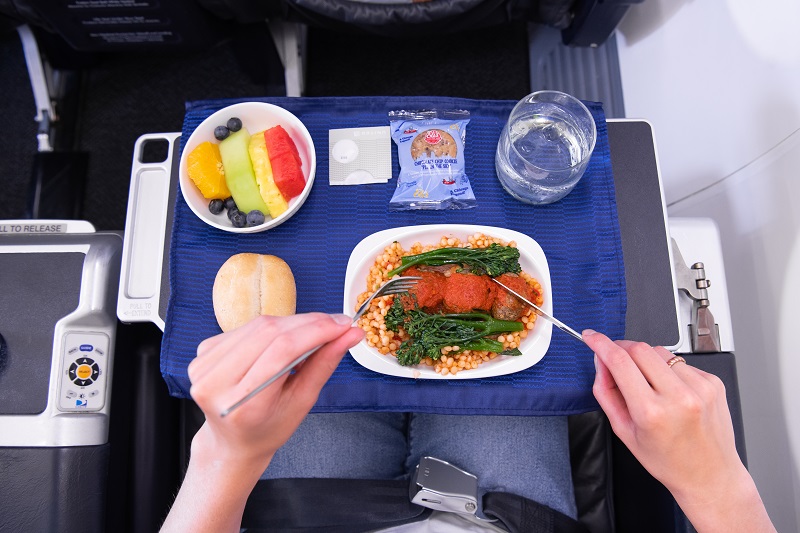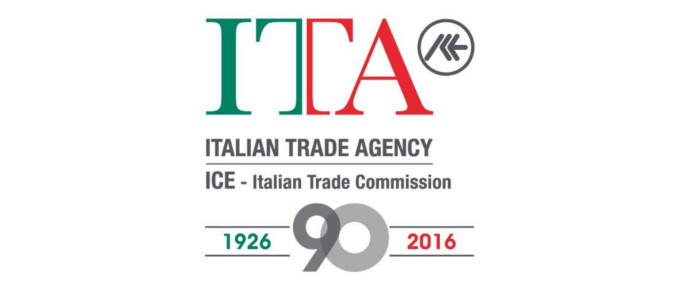Nation’s largest grocery chain becomes the latest food company
to address this critical animal welfare issue
The Humane Society of the United States applauds Kroger, the country’s largest grocery chain with 2,435 locations in 31 states, for calling on its pork suppliers to accelerate the elimination of gestation crate pig confinement.
“Kroger believes that a gestation crate-free environment is more humane and that the pork industry should work toward gestation crate-free housing for pregnant sows,” wrote Kroger in a statement released today. “The Company is encouraging its suppliers to accelerate this already-occurring transition in the Kroger supply-chain.”
“Kroger’s has taken a very important step for animal welfare in declaring that the pork industry must find an exit strategy for its use of gestation crates,” said Wayne Pacelle, president and CEO for The HSUS. “American consumers believe that all animals deserve humane treatment, and they think it’s wrong for producers to immobilize pigs in small crates for months and even years.”
In the pork industry, the vast majority of mother pigs are confined day and night during their four-month pregnancy in gestation crates, cages roughly the same size as the animals’ bodies, preventing them from even turning around. They are then placed into another crate to give birth, are re-impregnated, and put back into a gestation crate. This happens pregnancy after pregnancy for their entire lives, adding up to years of virtual immobilization.
Facts
· McDonald’s, Burger King, Wendy’s, Denny’s and Safeway recently announced that they will eliminate gestation crates from their supply chains.
· Compass Group, the largest food service company in the world, operating 10,000 dining facilities in the U.S., has announced that it will eliminate gestation crates from its supply chain by 2017. Bon Appétit Management Company, another leading food service provider, has committed to eliminated gestation crates from its pork supply within three years.
· Leading pork producers Smithfield and Hormel have pledged to end the use of gestation crates at their company-owned facilities by 2017, and Cargill is already 50 percent crate-free.
· Eight U.S. states have passed laws to ban the practice and Massachusetts, New York and Rhode Island have bills pending that would do the same.
· Renowned animal welfare scientist and advisor to the pork industry, Dr. Temple Grandin, is clear on this issue: “We’ve got to treat animals right, and the gestation stalls have got to go.”







